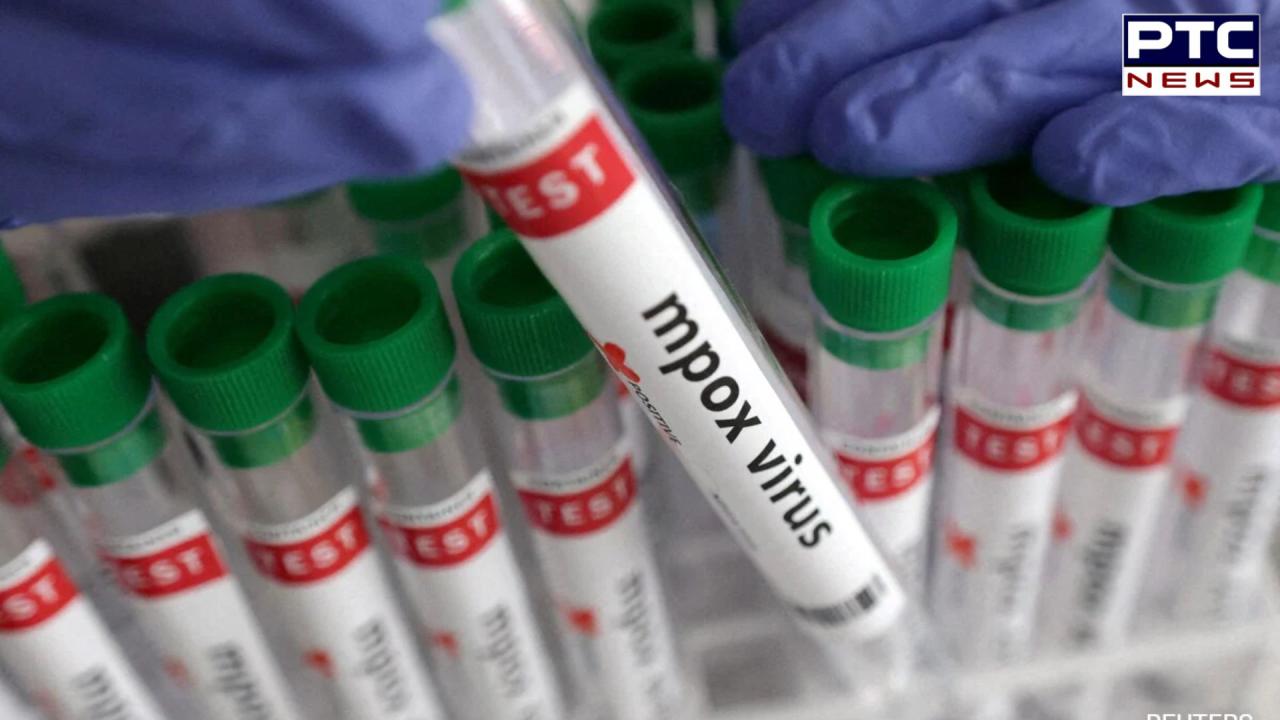

Kerala confirms second Mpox case in India, patient returned from UAE
PTC News Desk: Kerala has reported India's second confirmed case of Mpox (monkeypox) as of Wednesday. The patient, a 38-year-old man from Malappuram, tested positive for the virus after returning from the United Arab Emirates. Health authorities have isolated the patient and are treating him following established medical protocols.
Health Minister Veena George announced the case on Facebook, urging the public to seek medical attention and inform the Health Department if they exhibit any Mpox symptoms.
India's first case of Mpox was reported nine days ago in Delhi, involving a young man who had traveled from Western Africa. He remains stable and has been isolated to prevent further spread.
The government has indicated that there is no immediate widespread risk to the public. Current testing has confirmed the presence of 'clade 2' of the Mpox virus in India, which matches strains seen in about 30 previous cases in the country dating back to July 2022.
This 'clade 2' strain is not part of the Public Health Emergency of International Concern (PHEIC) declared last month by the World Health Organization (WHO). The WHO's declaration was based on concerns about 'clade 1' of the virus.
Also Read: Cabinet approves Ram Nath Kovinds 'One Nation, One Election' report
The term 'clade' refers to a group of organisms or viruses that share a common evolutionary ancestor.
In response to the latest case, the government has directed all states and union territories to review their public health preparedness, particularly in health facilities. This includes briefing healthcare workers in skin and sexually transmitted disease (STD) clinics on the symptoms, differential diagnoses, and necessary actions upon detecting Mpox.
The government emphasized the importance of avoiding undue panic while ensuring the public is informed about Mpox and its symptoms. According to the latest WHO update, most patients are men aged 18 to 44 who present with a rash (either systemic or genital) followed by fever. The virus is primarily transmitted through sexual contact, with non-sexual person-to-person contact also being a mode of transmission.
Last month, the WHO declared Mpox a PHEIC due to concerns about its spread beyond Africa, where the virus has surged in countries including the Democratic Republic of the Congo, Burundi, Kenya, Rwanda, and Uganda. Scientists have also identified a new strain from the DRC.
As of August 2024, over 120 countries have reported Mpox cases, with more than 100,000 lab-confirmed cases and approximately 220 deaths. The WHO recommends vaccination as a preventive measure and advises that the vaccine can be administered within four days of exposure and up to 14 days if symptoms are absent.
Also Read: Cabinet approves Venus orbiter mission: ISRO set to explore secrets of Earth's twin
- With inputs from agencies
